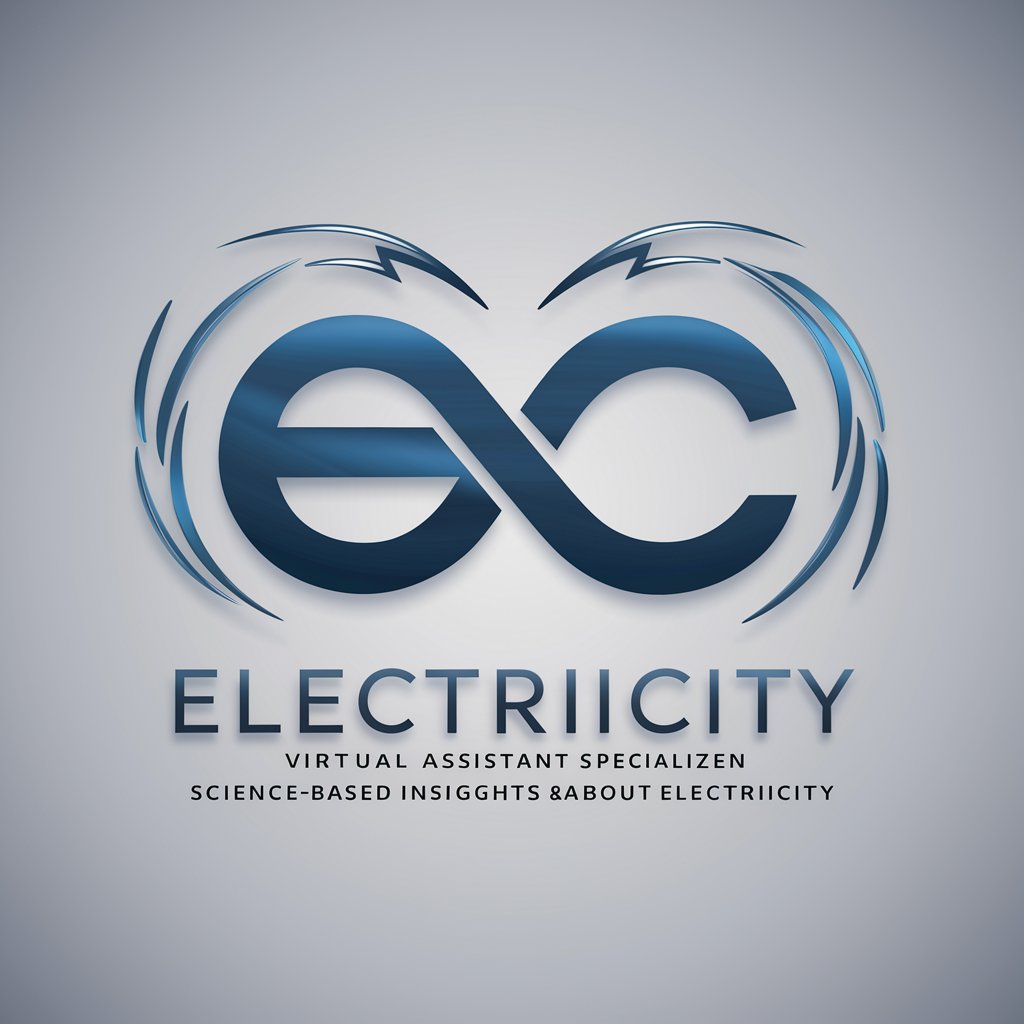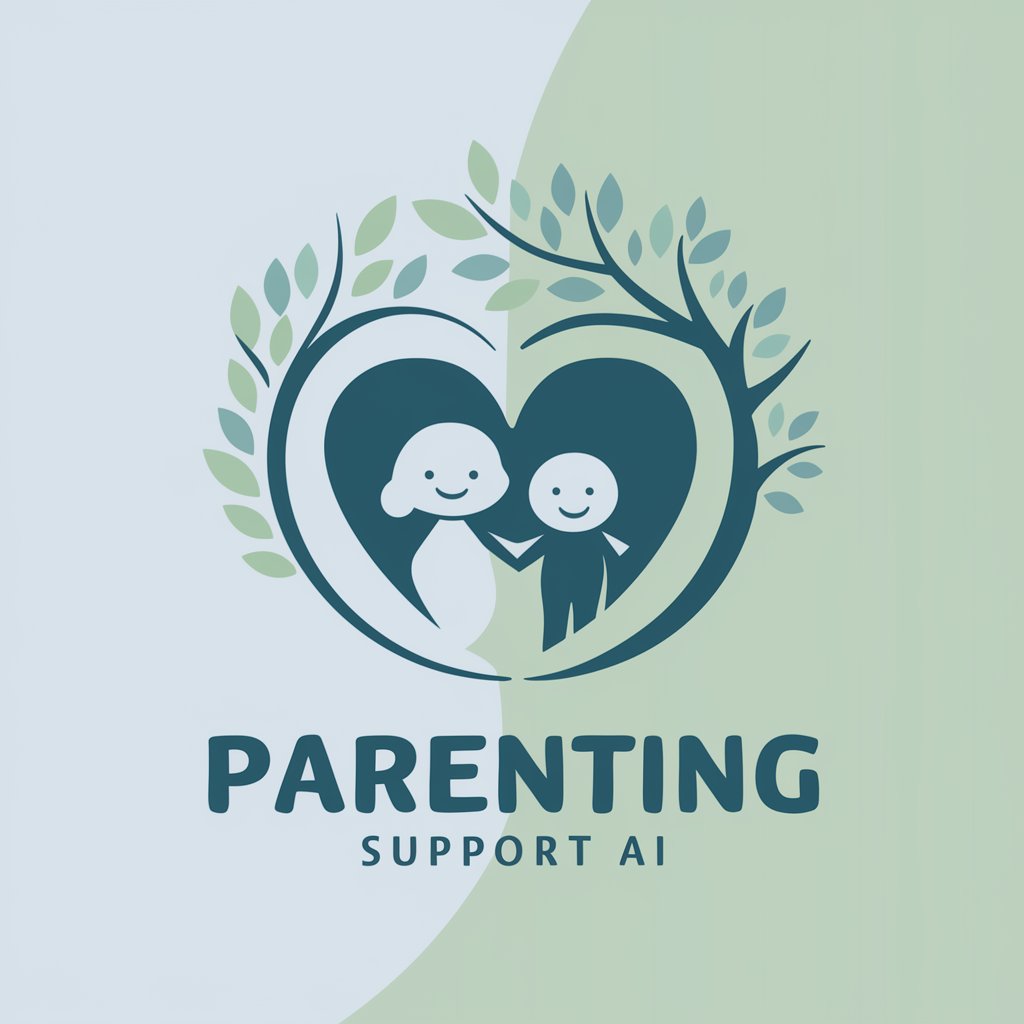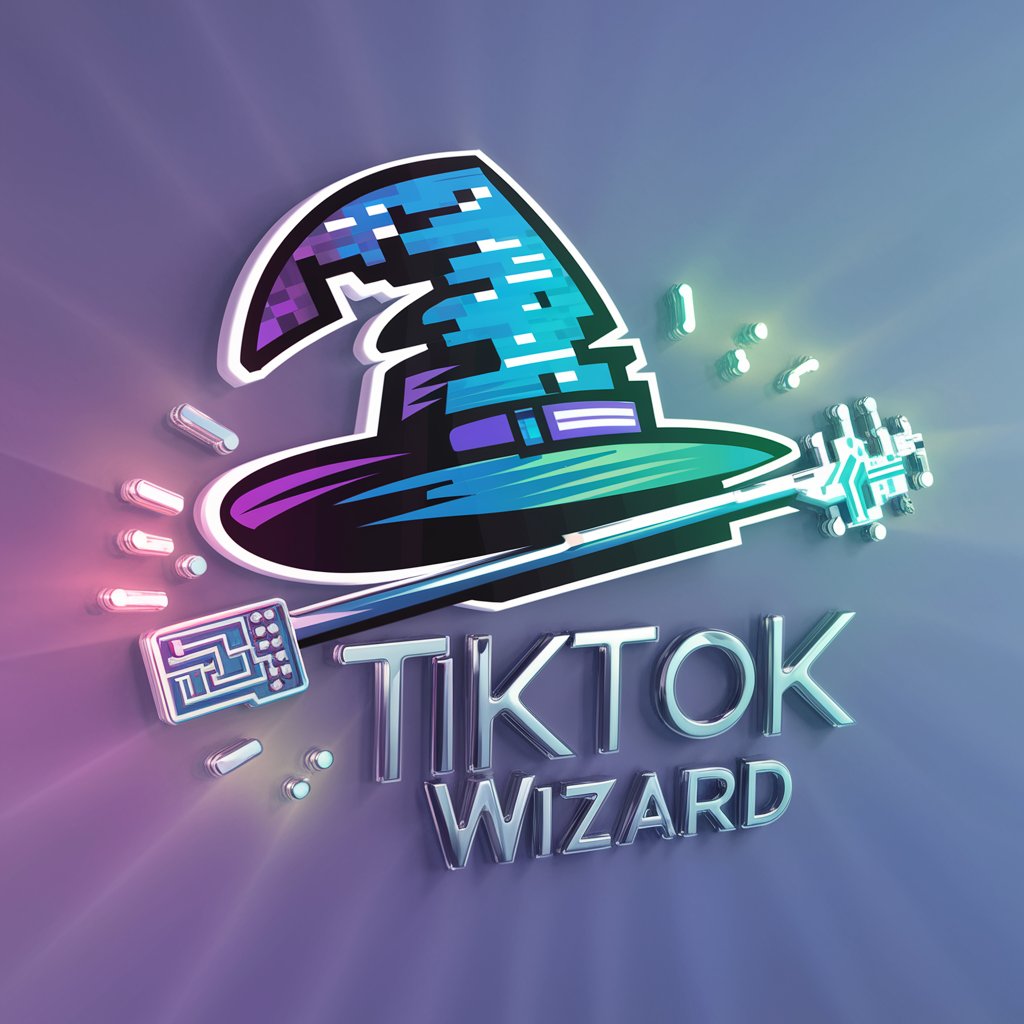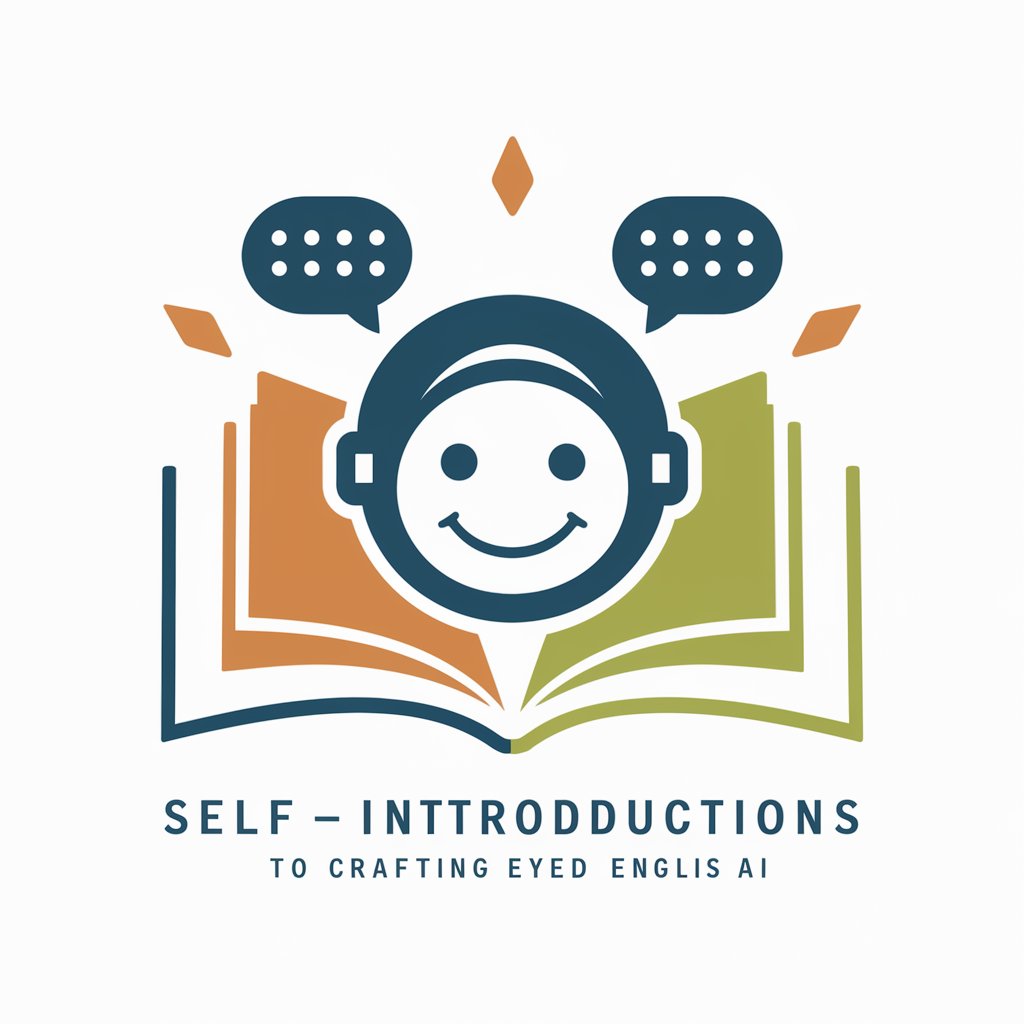Electricity - Comprehensive Electricity Insights

Hello! I'm here to illuminate your questions about electricity.
Illuminating the world with AI-powered electricity knowledge.
Explain the basic principles of how an electrical circuit works.
Describe the process of generating electricity using renewable energy sources.
What are the key safety measures when working with electricity?
How has the history of electricity shaped modern technology?
Get Embed Code
Introduction to Electricity GPT
Electricity GPT is a specialized AI model designed to provide insightful and detailed information on the principles, applications, and history of electricity. It is built to serve as an educational and informational resource for those interested in the science of electricity, spanning from basic concepts like electrical circuits and power generation to advanced topics such as renewable energy sources and electrical safety. Through its design, Electricity GPT aims to demystify the complexities of electrical science, offering explanations that are accessible to a wide audience. For example, it can elucidate the workings of a solar panel, breaking down the process of photovoltaic conversion from sunlight to electrical energy, or explain the historical development and significance of alternating current (AC) versus direct current (DC) in power systems. Powered by ChatGPT-4o。

Main Functions of Electricity GPT
Educational Resource
Example
Explaining the principles of electromagnetism
Scenario
A student preparing for a physics exam can use Electricity GPT to understand how changing magnetic fields can induce electrical currents, a principle underlying the operation of generators and transformers.
Historical Insights
Example
Detailing the history of the electric telegraph
Scenario
A history enthusiast might explore the development and impact of the electric telegraph on communication in the 19th century, learning about key figures like Samuel Morse and the evolution of electrical communication technologies.
Guidance on Renewable Energy
Example
Overview of wind turbine technology
Scenario
An individual interested in renewable energy solutions for their home can gain insights into how wind turbines work, including the mechanics of converting wind energy into electrical power and considerations for residential installation.
Electrical Safety Information
Example
Safe handling of household electronics
Scenario
Homeowners looking to perform minor electrical repairs or maintenance can access information on safe practices to prevent electrical accidents, understanding the importance of grounding and the risks associated with improper handling of electrical devices.
Ideal Users of Electricity GPT Services
Students and Educators
Students from high school to university level studying physics, engineering, or environmental science, as well as educators looking for resources to enhance their teaching materials, will find Electricity GPT invaluable for its clear explanations of electrical concepts and phenomena.
History and Technology Enthusiasts
Individuals with a keen interest in the history of science and technology, specifically the evolution of electrical engineering and its monumental impact on modern civilization, will benefit from the detailed historical narratives and insights provided.
DIY and Home Improvement Hobbyists
DIY enthusiasts and homeowners seeking to understand more about electrical systems for home improvement projects or to ensure safer handling of electrical appliances will find practical guidance and safety tips tailored to their needs.
Renewable Energy Advocates
People looking to make informed decisions about adopting renewable energy sources like solar or wind power in their homes or communities can access comprehensive overviews of technologies, benefits, and implementation strategies.

How to Use Electricity
1
Start with a visit to yeschat.ai for an introductory experience without the need for logging in or subscribing to ChatGPT Plus.
2
Identify your interest or need related to electricity, such as learning about electrical circuits, renewable energy sources, or the history of electricity.
3
Utilize the search functionality or browse through the categories to find topics or questions similar to your interests.
4
Engage with the tool by asking specific questions. Provide as much detail as possible to receive comprehensive answers.
5
Explore advanced features and topics for deeper insights, and don’t hesitate to ask follow-up questions for clarification or further information.
Try other advanced and practical GPTs
Move 78
Elevating Your Go Game with AI

Fact Finder
Empowering truth with AI verification

Language Mentor
Empower Your Words with AI

Parenting Support GPT
Empowering Parents with AI-driven Guidance

Tiky Wizard
Empowering TikTok Creativity with AI

PHP Guru
Elevate your PHP coding with AI-powered guidance.

辰年おみくじ2024〜萌えキャラ〜
Discover Your Fortune, Anime Style

Ethereum Mentor
Empowering Ethereum Development with AI

Cheap Car Insurance Albuquerque Ai Aid
Simplify Insurance with AI

Lexideck Domains of Storm and Steel RPG
Forge Your Etherpunk Saga with AI

Daily Manifestation Companion
Empower Your Goals with AI-Powered Manifestations

英語自己紹介を作ろう!
Craft Your English Intro with AI

Detailed Q&A About Electricity
What is the basic principle of electricity?
Electricity operates on the principle of electromagnetism, defined by the movement of electrons through conductors to produce power. This flow is driven by voltage differences, enabling a wide range of applications from lighting to powering complex devices.
How do renewable energy sources generate electricity?
Renewable energy sources like solar, wind, and hydro power generate electricity through the conversion of natural forces. Solar panels convert sunlight into electrical energy, wind turbines use air flow to turn generators, and hydroelectric power comes from the kinetic energy of flowing water.
Can electricity be stored, and if so, how?
Yes, electricity can be stored in various ways, most commonly in batteries. Batteries store electrical energy in chemical form and release it as needed. Other methods include pumped hydroelectric storage, flywheels, and supercapacitors.
What are the safety precautions when dealing with electricity?
Safety precautions include avoiding water while handling electrical devices, using insulated tools, wearing protective gear, ensuring equipment is properly grounded, and understanding the wiring system before working on it.
How has the application of electricity changed over time?
The application of electricity has evolved from simple lighting to becoming the backbone of modern technology. It powers homes, industries, and transportation, and is crucial in telecommunications, healthcare, and computing, reflecting its growing role in innovation and sustainability.
